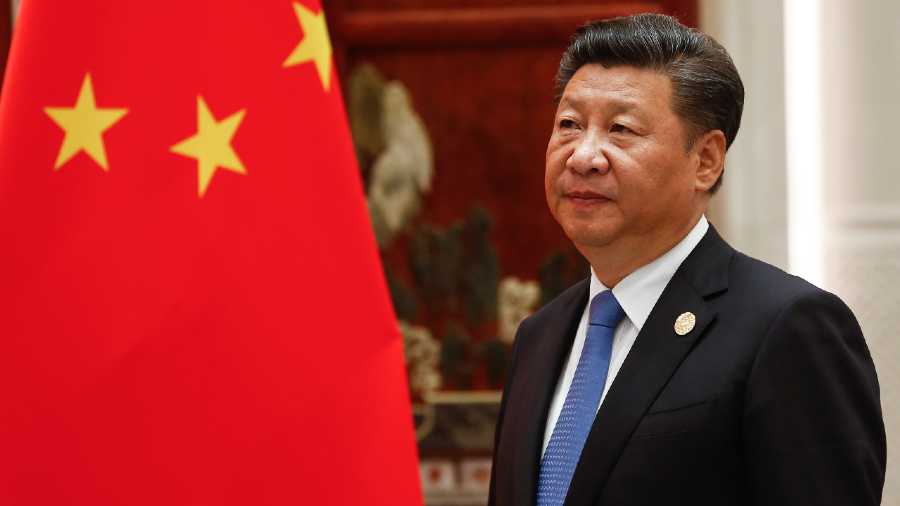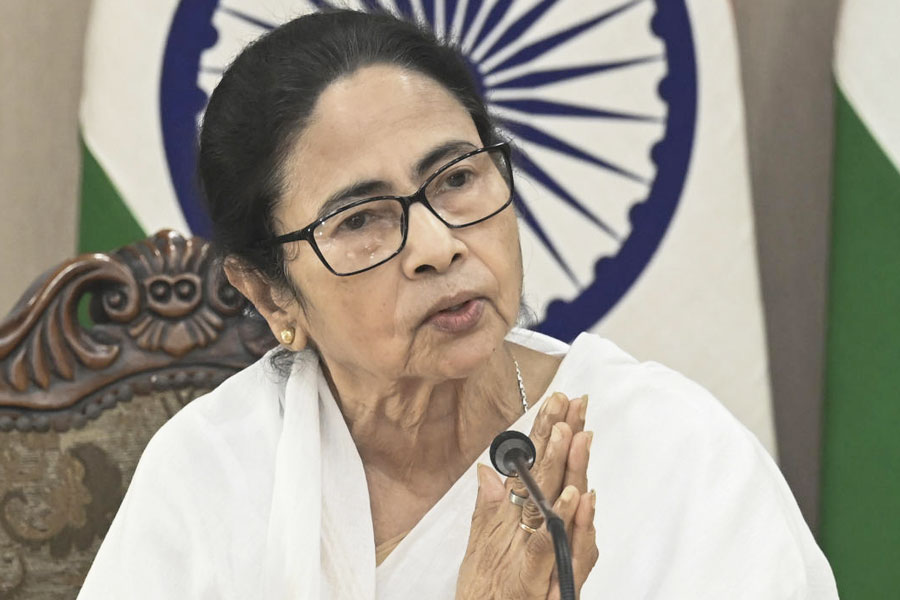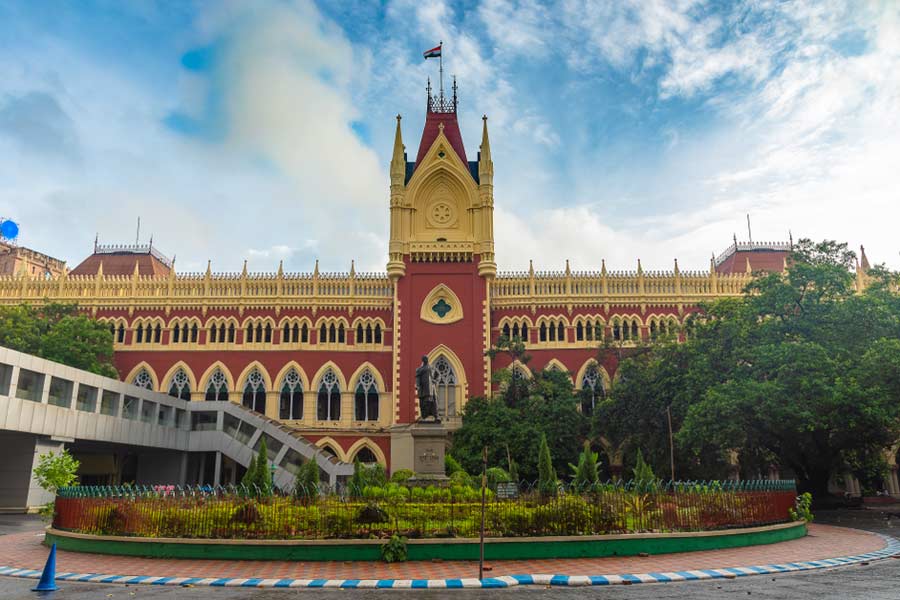Four decades ago, Deng Xiaoping declared that China would “let some people get rich first” in its race for growth. Now, Xi Jinping has put China’s tycoons on notice that it is time for them to share more wealth with the rest of the country.
Xi says the Communist Party will pursue “common prosperity”, pressing businesses and entrepreneurs to help narrow the stubborn wealth gap that could hold back the country’s rise and erode public confidence in the leadership. Supporters say China’s next phase of growth demands the shift.
“A powerful China should also be a fair and just China,” Yao Yang, a professor of economics at Peking University who endorses the shift in priorities, said by email. “China is one of the worst countries in terms of redistribution, despite being a socialist country. Public spending is overly concentrated in cities, elite schools and so on.”
Officials are pledging to make schooling, housing and health care less costly and more evenly available outside big cities, and to lift incomes for workers, helping more people secure a place in the middle class. The “common prosperity” campaign has converged with a crackdown on the country’s tech giants to curb their dominance. Facing scrutiny, some of China’s biggest billionaires, like Jack Ma, have lined up to pledge billions of dollars to charity.
The pledges hold out the prospect, endorsed by Xi in a meeting last month, that China is now affluent enough to shift closer to the Communist Party’s longstanding ideal of wealth sharing. For Xi, the Communist Party’s long-term authority is at stake.
Now that economic growth is moderating, many young Chinese feel that upward mobility is diminishing. Well-paying white-collar jobs can be hard to find. Tech workers complain of punishingly long hours. Families feel they can’t afford to have more children, adding to a looming demographic crisis. For now, Xi faces little Opposition, but longer term that could turn if such grievances pile up.
“Achieving common prosperity is not just an economic issue; it’s a major political matter bearing on the party’s foundation for rule,” Xi told officials in January. “We cannot let an unbridgeable gulf appear between the rich and the poor.”
The party is keen to show that it is listening to the complaints as Xi lays the groundwork for a likely third term as the party’s general secretary beginning next year. Xi wants to stave off any doubts about his claim to another term by arguing that the party can deliver social progress while rivals like the US stagnate in inequality, said Christopher K. Johnson, a former US government analyst of Chinese politics.
“While there’s no opposition that’s going to stop him, he’s got to deliver a report card,” said Johnson, now the president of the advisory firm China Strategies Group. “Xi sees doing something on income inequality and the wealth gap in China as vital in this struggle of global narratives with the US and the West in general.”
To China’s leaders, the new emphasis targets economic needs as well. The country’s top 1 per cent own nearly 31 per cent of the country’s wealth, according to Credit Suisse Research Institute, up from 21 per cent in 2000. (The top 1 per cent in the US own about 35 per cent, according to the study.)
By spreading wealth more evenly, the Communist Party says, more Chinese would have the spending power to drive the economy and reduce China’s reliance on western capital and know-how, creating the foundation for a new stage of growth.
While the party’s power is formidable, some changes under discussion have the potential to touch raw nerves. The real test of how far Xi wants to reverse economic inequality would be if the government pushed through measures such as introducing property and inheritance taxes aimed at the rich. Such moves could be challenging because many of the elite have links to the party, and anger could flare among many Chinese people who have bought up housing as their main investment.
The scope of Xi’s push for a more egalitarian society is up for debate. Many officials have called for gradual changes and sought to assure entrepreneurs that legitimately earned fortunes are safe. Even so, commentaries calling for a broad shake-up of wealth have been shared widely in past weeks on Communist Party-run media websites, suggesting some support for more far-reaching measures.
“This transformation will wipe away all the dust, and capital markets will no longer be the heaven where capitalists can make a fortune overnight,” said one online commentary that was shared by Xinhua, the main official news agency.
“This is a political transformation.”
Mao Zedong used the phrase “common prosperity” in the 1950s, in the early stages of pushing China towards socialist collectivisation that culminated in a disastrous Great Leap into communism. In the 1980s, Deng said that China should let some get rich first to lift the economy, but that “common prosperity” was the distant ultimate goal.
New York Times News Service











